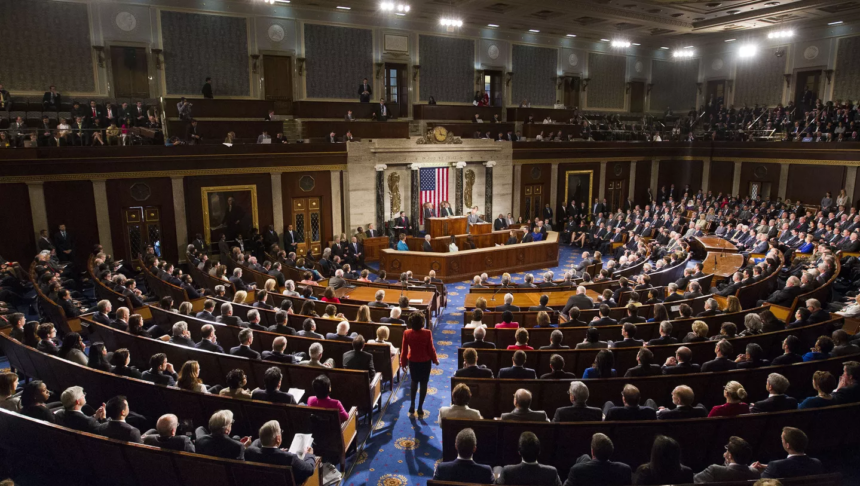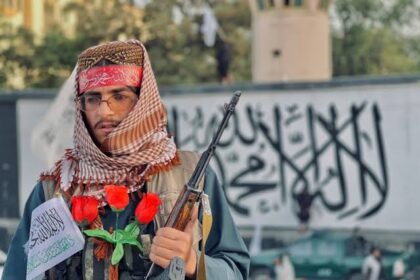RASC News Agency: The United States Senate on Friday hosted the second public hearing of the “Afghanistan War Commission,” a bipartisan body established to conduct a sweeping evaluation of America’s two-decade involvement in Afghanistan. This session focused specifically on U.S. military and diplomatic policy from 2001 to 2008 the formative years of the war. The Commission’s first public session was held on July 19, 2024, at the Department of Veterans Affairs. Created by the U.S. Congress in December 2021, the Commission has been mandated to deliver a thorough and independent assessment of key strategic, military, intelligence, diplomatic, and aid-related decisions made between June 2001 and August 2021. The body comprises 16 members and is gathering testimony from a wide array of voices, including senior U.S. officials, Afghanistani political leaders, and military experts.
During Friday’s hearing, Ambassador Nancy Powell, former U.S. envoy to Pakistan, highlighted longstanding concerns raised within the Senate Armed Services Committee regarding Pakistan’s role in regional destabilization. She recalled that the late Senator John McCain and others had repeatedly warned about Islamabad’s alleged support for extremist networks. Powell also noted that then-President Pervez Musharraf persistently sought increased financial assistance from Washington during bilateral meetings. Ambassador Ryan Crocker, former U.S. envoy to Afghanistan and one of the principal speakers at the session, drew attention to what he described as the underappreciated sacrifices of Afghanistan’s security forces. “Afghanistani soldiers fought with immense courage and endured staggering losses,” Crocker stated. “Yet their efforts received neither the recognition nor the strategic support they deserved from the international coalition.”
In addition to former American diplomats and officials, several senior members of Afghanistan’s former government participated in the hearing, including Yunus Qanooni, former Vice President, and Omar Daudzai, former Minister of Interior. Both offered candid reflections on the early phases of the war, underscoring missed opportunities and flawed assumptions that shaped the course of the conflict. The Commission’s inquiry into the 2001–2008 period is seen as a foundational component of its broader mandate to evaluate the full arc of U.S. engagement in Afghanistan. Analysts suggest that these hearings may ultimately help inform future foreign policy frameworks and provide critical lessons for American intervention strategies abroad.
As the Commission continues its work, its final report is anticipated to serve as a definitive account of the longest war in American history one that reshaped global counterterrorism policy, strained international alliances, and left enduring scars across Afghanistan.






